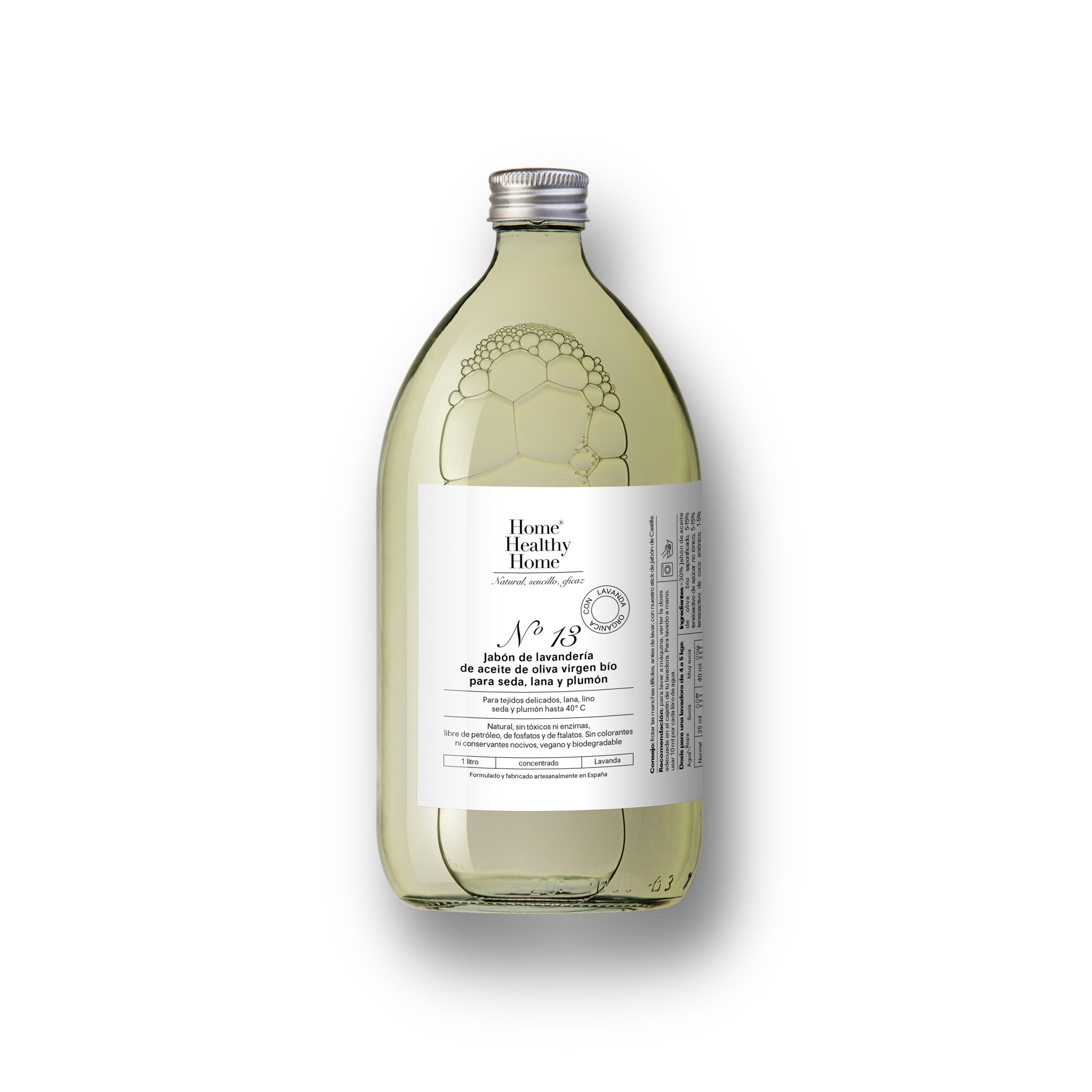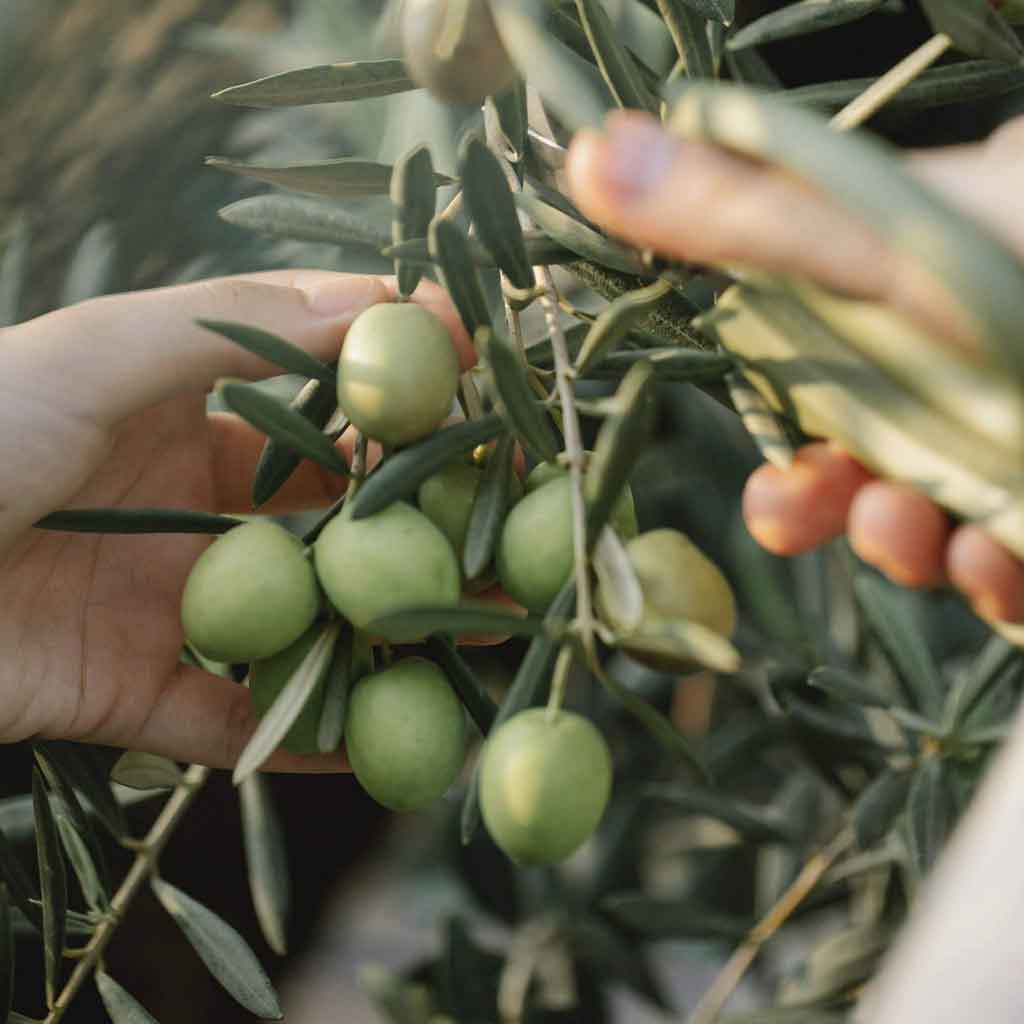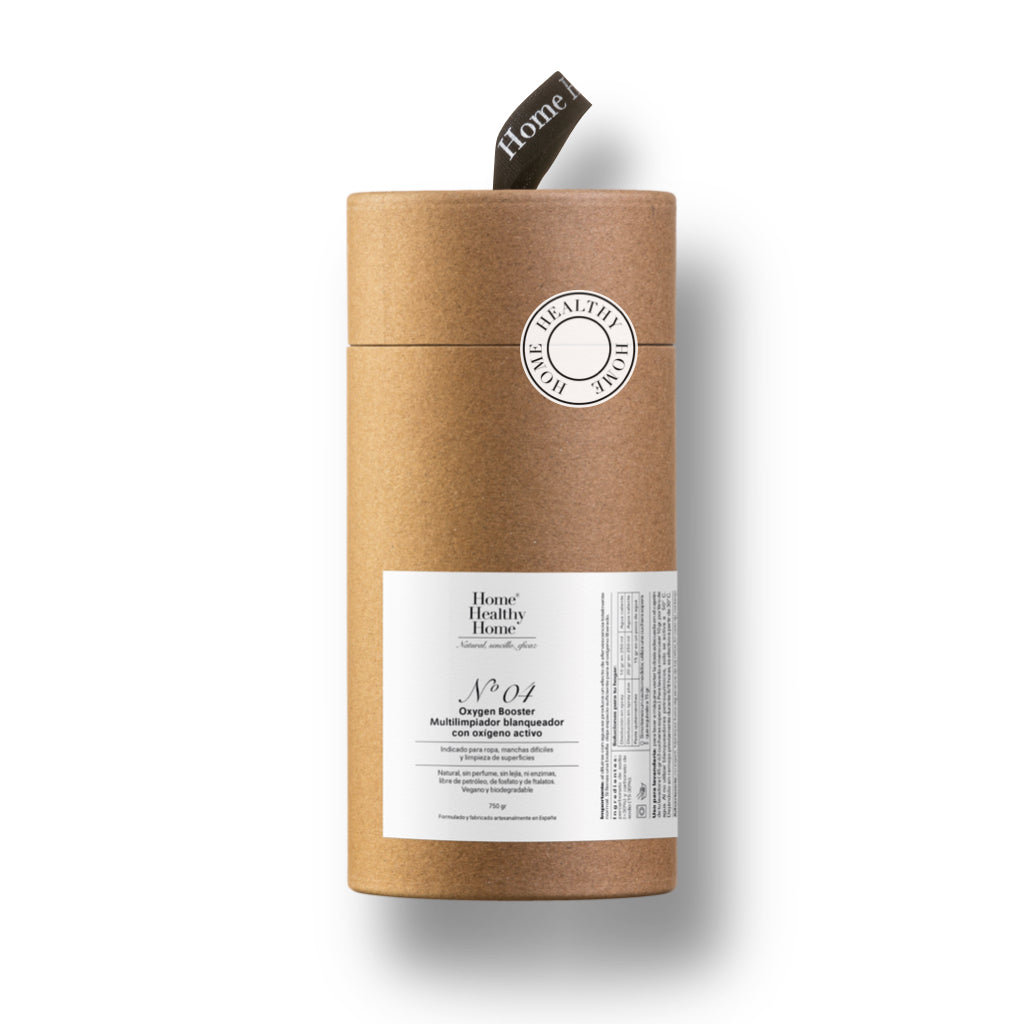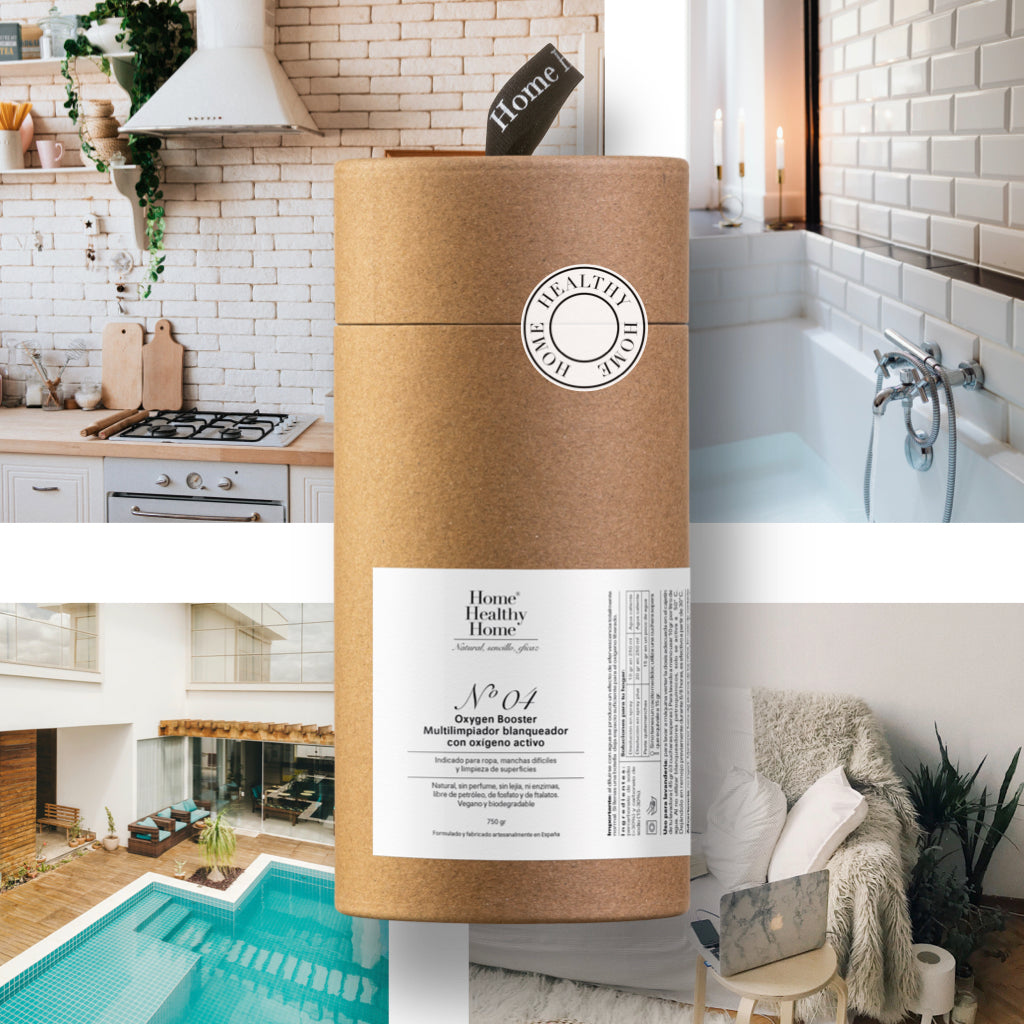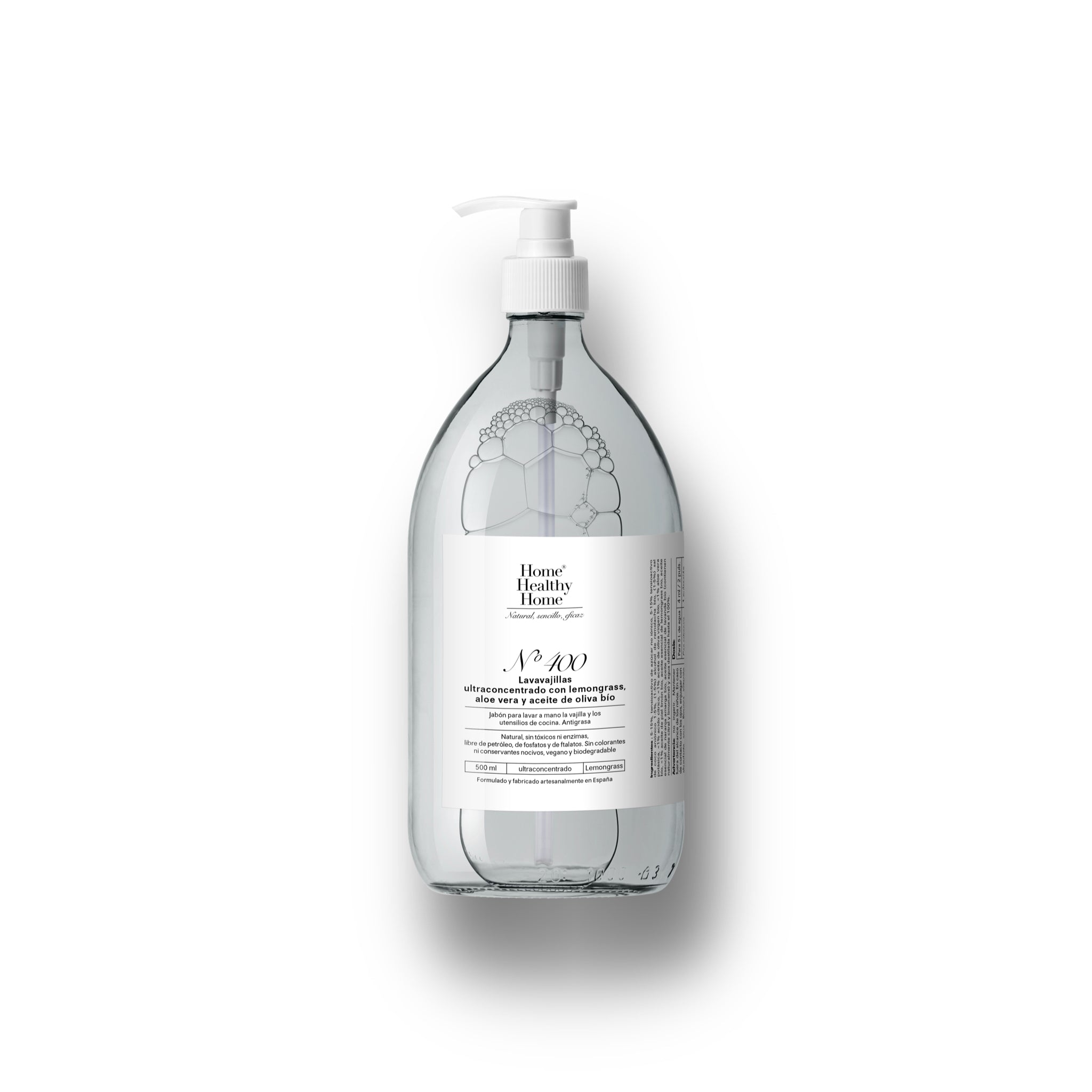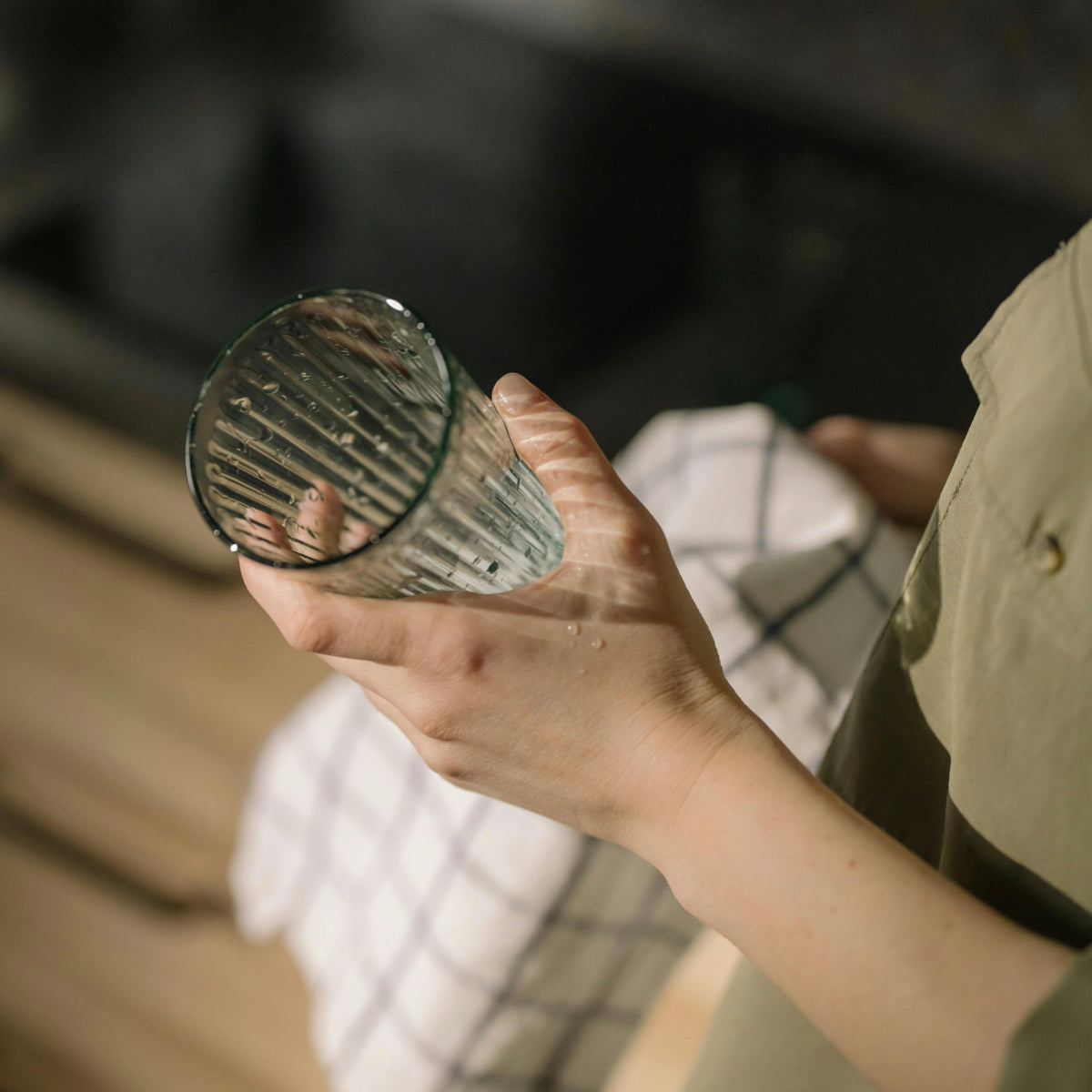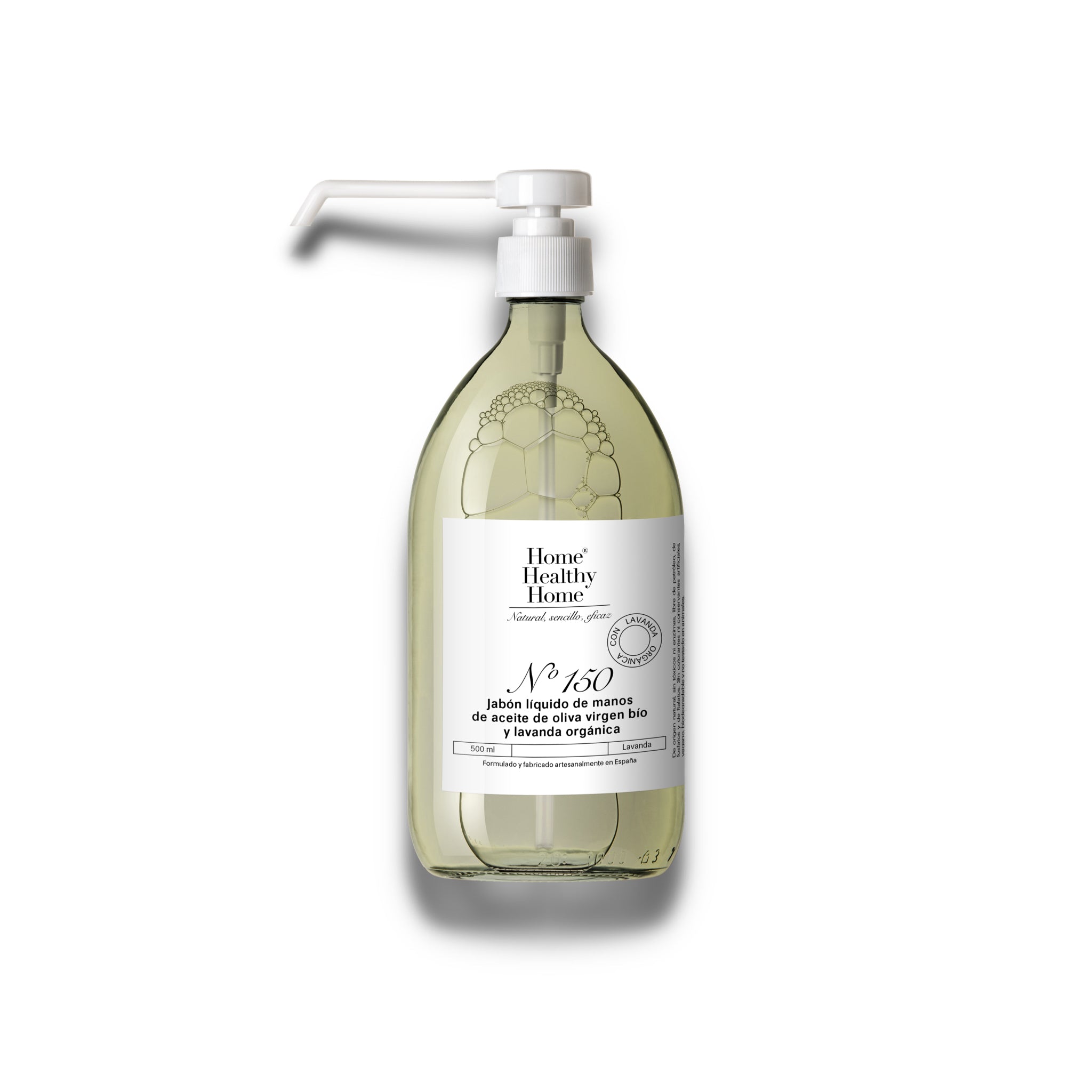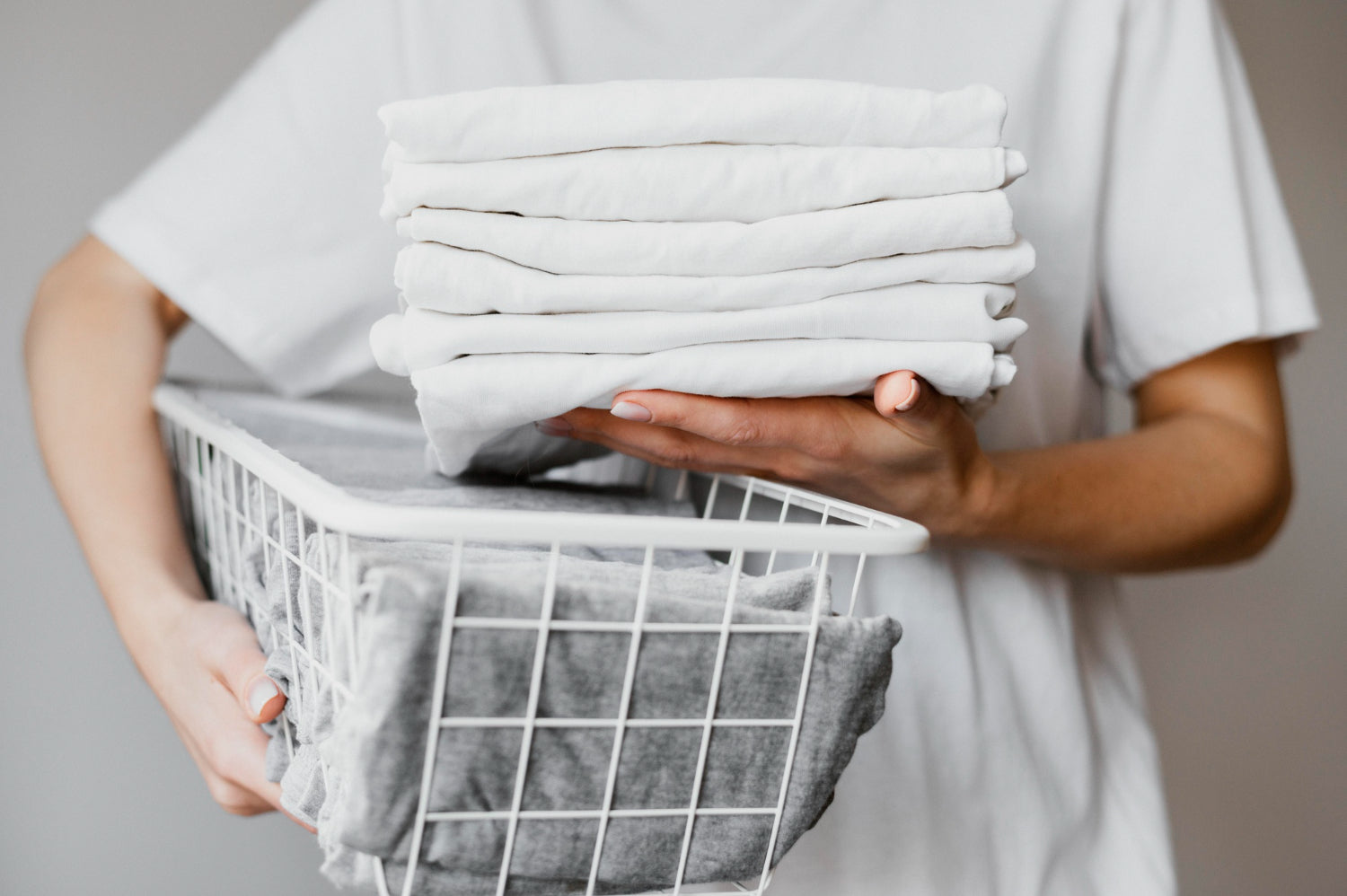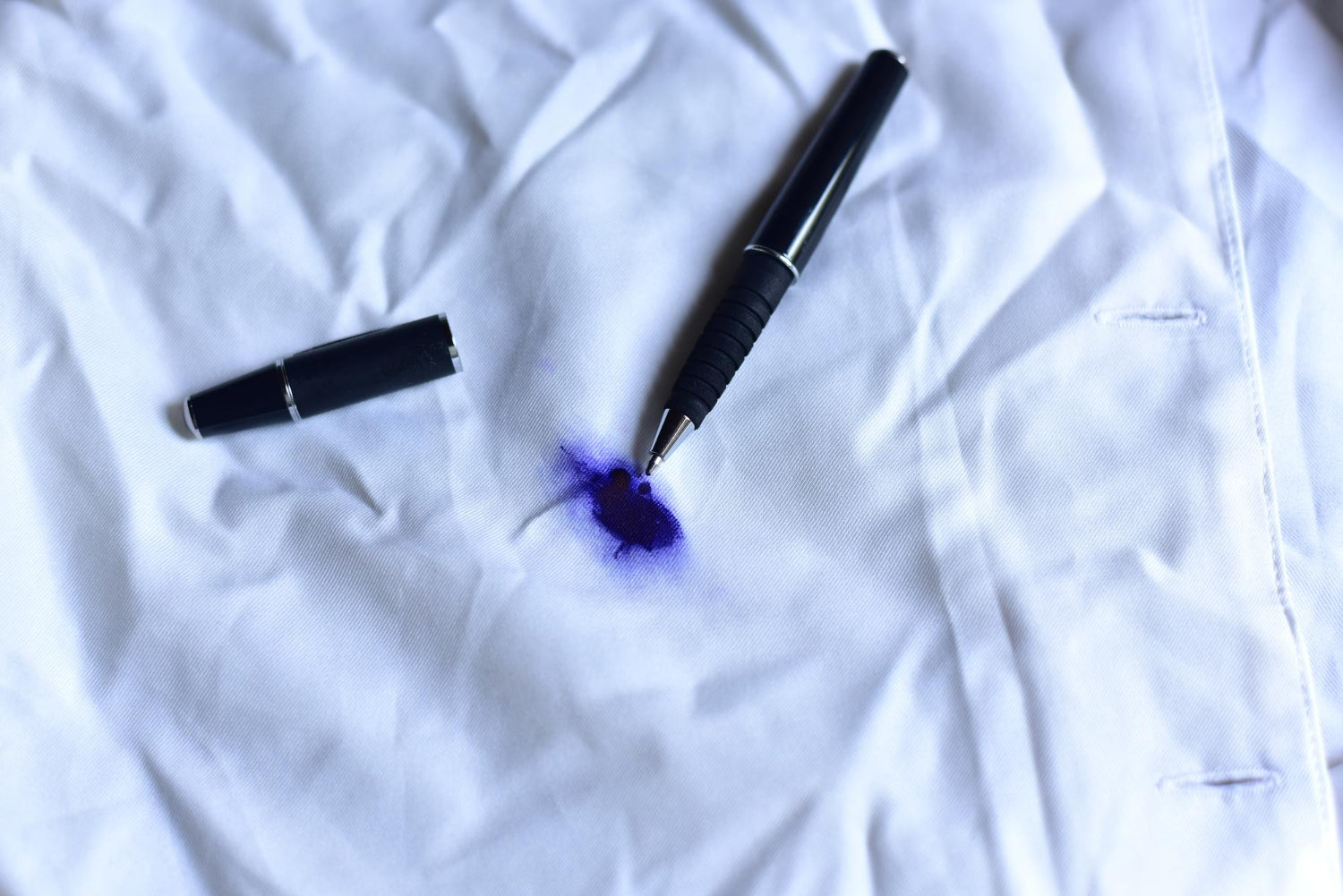Ecological washing: taking care of your clothes and the environment.
Can you go one step further after buying ecological clothing?
When we choose to purchase ecological clothing, we are taking an important step towards reducing our environmental impact. However, this commitment to sustainability does not end at the moment of purchase. It is equally crucial to properly care for our clothing throughout its lifespan to maximize its durability and minimize its environmental impact. In this sense, the washing process plays a fundamental role and can make a difference in terms of sustainability.
Soap or detergent?
Nowadays, we find a wide range of products labeled as "soap" for washing clothes. However, it is important to understand the essential difference between soap and detergent. While soap is mainly composed of natural ingredients such as oils or fats, detergents are chemical compounds derived from petroleum. This distinction is crucial, especially at a time when we face increasing environmental challenges. For this reason, at Home Healthy Home we are committed to offering Real soaps , made with natural and biodegradable ingredients.
Why does soap work?
Soap has a molecular structure that gives it the ability to eliminate grease effectively. Its lipophilic part binds to fat molecules, while its hydrophilic part binds to water, allowing fat to disperse and be eliminated. This process is essential to keep our garments clean and fresh, and at the same time it is environmentally friendly due to its total biodegradability.
What is saponification?
Saponification is the chemical process by which soap is produced from vegetable oils. This process involves treating the oils with a strong base, such as soda or potash, resulting in the formation of soap and glycerin. It is important to highlight that at Home Healthy Home we carry out Our saponification process is done in an artisanal and cold way to preserve the benefits of our organic olive oil.
Soap-free soaps?
The presence of soda or potash in the composition of soap does not make it dangerous or "unnatural." In fact, it is an indispensable component in the traditional soap formula. After the chemical reaction, the soda becomes part of the final soap and poses no health risk. It is important to note that some soaps that claim to be soda-free may be made with solid detergents or other synthetic ingredients, so it is crucial to carefully read the composition of the products we choose.
In conclusion, green washing not only involves choosing environmentally friendly products, but also adopting responsible washing practices. Opting for natural and biodegradable soaps is an effective way to take care of our clothes and the environment at the same time. With a conscious approach to the care of our garments, we can significantly contribute to the sustainability and well-being of the planet.


